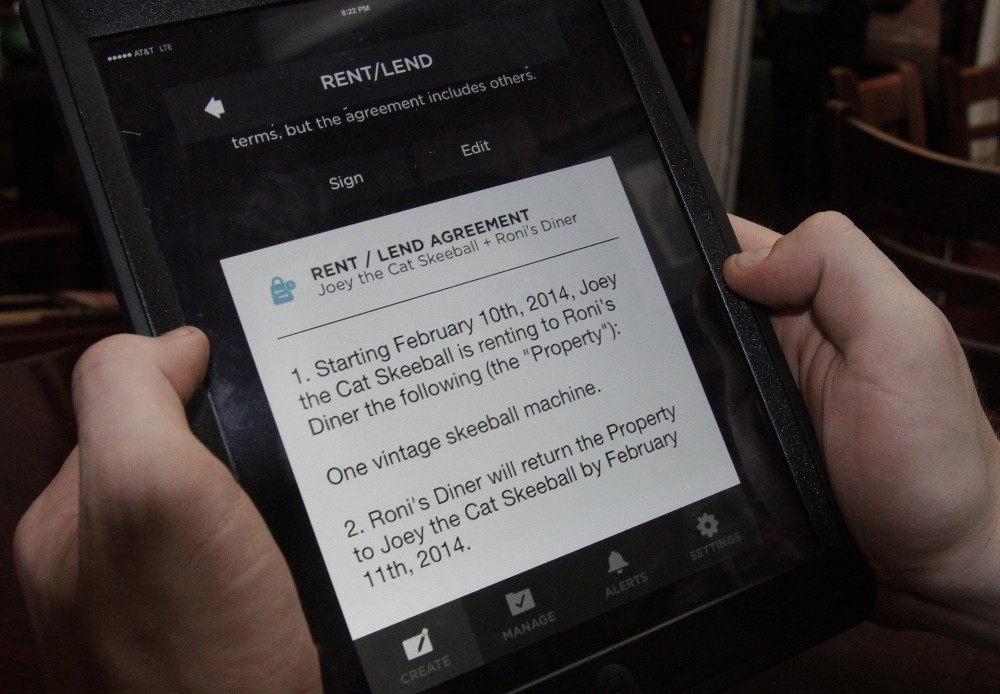By Tracey Kaplan
San Jose Mercury News.
SAN JOSE
You’ve heard of free legal aid for the poor. Now comes free legal aid for future Silicon Valley millionaires.
Budding inventors and entrepreneurs whose dreams are bigger than their wallets — and who can’t afford the thousands in legal fees it costs to work up a patent or trademark application — will soon be able to get no-cost legal assistance from leading intellectual property lawyers at Lincoln Law School of San Jose and their eager-beaver students.
Starting in October, the school will welcome any khaki-clad engineer or Steve Jobs wannabe working on the next big thing.
The clinic will be run pro bono by the nonprofit law school and will be one of four in California, and the only one of its kind north of Los Angeles.
The government, which vetted Lincoln’s 475-page proposal but is not paying for it, has a lofty aim for the program, which includes 47 other law schools around the country: to stimulate the economy by helping the less affluent take their ideas from the drawing board to the marketplace.
But Lincoln’s dean acknowledges there may also be a side benefit to helping the future Steve Jobses and Larry Pages of the world become fabulously rich.
“If someone becomes a millionaire, first I’d say, ‘Congratulations,’ ” said Lincoln’s dean, Joseph Moless. “Then I’d say, ‘Remember your roots, and donate to the law school.’ ”
The clinic’s confidential services are expected to be in high demand. One out of eight registered patents is born in Silicon Valley, the nation’s top patent incubator.
Clients can expect advice from clinic law students regarding their intellectual property needs under the supervision of a faculty practitioner; assistance in drafting, researching and filing applications; and representation before the U.S. Patent and Trademark Office. Budding entrepreneurs also can get an evaluation of their ideas and an analysis of any obstacles to obtaining a patent.
Such advice normally ranges from ,000 to ,000.
buy ventolin generic buy ventolin online no prescription
It’s also a boon for law students, who get practical experience dealing with clients and with the patent office, which is opening a satellite branch next year at City Hall, just a few blocks away. It will be the region’s first permanent patent and trademark office.
Lincoln Law is the only school in the program that is not accredited by the American Bar Association. But it is accredited by the State Bar of California, and 61 percent of its students passed the bar last year.
Alumni include Santa Clara County Supervisor Dave Cortese and three local Superior Court judges. Patent and trademark officials said they were impressed by the school’s intellectual property curriculum and faculty, including IBM’s in-house counsel, Bryan Butler.
The clinic’s director, Britten Sessions — an experienced patent lawyer with a hard-science background — also has firsthand, personal experience filing patents.
One of his current projects is a startup called Pakooka, which is working on “super-cute, truly personalized learning experiences for your child.” Like most patent-seekers, Sessions wouldn’t elaborate on the specifics — yet.
“I love inventions,” he said. “That’s why I do what I do.”
Inventors tend to be a secretive bunch, so they’ll be happy to know the clinic will be bound by attorney-client privilege.
That’ll come in handy for Taiwanese immigrant Chien Wei Huang of San Jose, who attended a recent lecture Sessions gave at the Sunnyvale Library on the patent war between Apple and Samsung.
Huang said he plans to sign up for the legal clinic. “I definitely need an attorney,” he said.
But he was hush-hush about what he’s working on, other than to say in a low voice that it has something to do with “mobile computing” and “adding to your cellphone.”














































































































































































































































































































































































